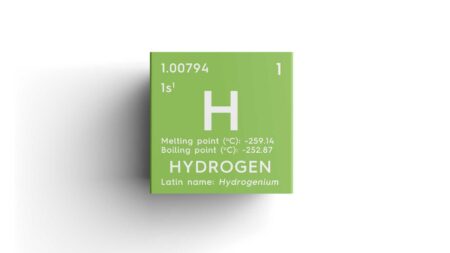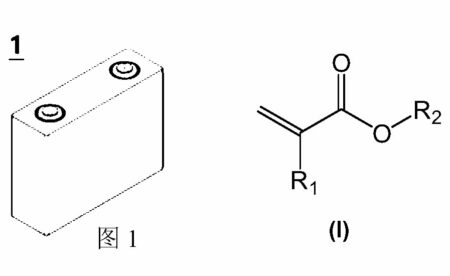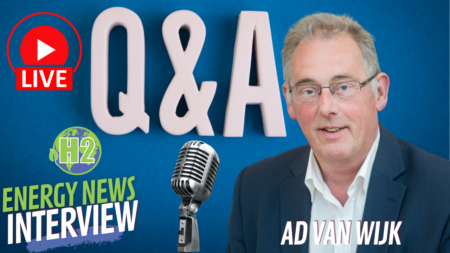Nikola and Voltera establish strategic cooperation under HYLA
In order to fund and develop a crucial hydrogen station infrastructure to enable transportation decarbonization, Voltera and Nikola Corporation have established a strategic cooperation under the HYLA brand owned by Nikola Corporation.
Within the next five years, Nikola and Voltera hope to build up to 50 HYLA hydrogen station locations across North America under this strategic collaboration agreement. The collaboration lays a strong platform for Nikola’s earlier pledge to build 60 stations by 2026.
The largest open network of commercial H2 refueling stations in North America will be created by Nikola and Voltera. To encourage the use of zero-emission vehicles, they will supply fuel for a variety of manufacturers.
Innovative Hydrogen Solutions & Hydrogen Plus launch Gen 2 i-Phi hydrogen-on-demand system
Innovative Hydrogen Solutions (IHS) and Hydrogen Plus are proud to introduce the Gen 2 i-PhiTM (Incremental-Partial Hydrogen Injection) system, two leading pioneers in the Hydrogen-on-Demand technology for fuel savings and emissions reduction. The very popular i-PhiTM technology’s second iteration, Gen 2, is intended to be smaller and simpler to install than its predecessor.
The substantial research and development that went into the i-PhiTM Gen 2 system was motivated by the shared commitment of IHS and Hydrogen Plus to deliver a cost-efficient and sustainable Hydrogen-on-Demand solution. The Gen 2 system provides an affordable option for industries to upgrade their current diesel engines to be as energy-efficient and environmentally friendly as possible in response to the ongoing desire to cut carbon emissions.
H2scan expands battery room safety market with EnviroGuard reseller agreement
Together, H2scan and EnviroGuard will endeavor to increase the market for H2scan HY-ALERTA 5021 hydrogen sensors in battery room safety applications. The two companies today announced that they had formed a distribution agreement for North America. The industry leader in real-time hydrogen sensors for industrial industries and power utilities is H2scan. For this cutting-edge hydrogen sensor technology, EnviroGuard, a market leader in safety, spill containment, and seismic rack solutions for battery room applications, is looking for integrators and distributors.
Battery rooms frequently employ lead-acid and nickel-cadmium battery technology, both of which have the potential to release hydrogen, a highly flammable gas. Operators of battery rooms are required by fire standards to have a hazardous mitigation strategy to maintain hydrogen levels below 1% of the total volume of the room.1
The HY-ALERTA 5021 from EnviroGuard will be incorporated into its battery safety solutions, resolving the challenges with maintenance and replacement that have plagued the monitoring of hydrogen in battery rooms and enclosures. In order to demonstrate the entire system with hydrogen monitoring installed, EnviroGuard developed a miniature version of one of the EnviroGuard rack and enclosure system solutions for the Battcon conference.
From diesel to hydrogen: Volvo’s journey to sustainable transportation
Volvo Trucks has achieved a major breakthrough in its efforts to develop a zero-emission solution for long-haul transportation. The company recently tested its new hydrogen-powered fuel cell electric trucks on public roads, paving the way for the commercialization of this promising technology.
The Swedish automaker had announced its plans to add fuel cell electric trucks to its product portfolio in 2020, as part of its strategy to expand its lineup of CO2-neutral vehicles that currently includes battery electric trucks and those that run on renewable fuels like biogas. The new hydrogen-powered trucks will offer a long-range, zero-emissions alternative to diesel-powered trucks, which are the dominant type of vehicle used for long-haul transportation.
The fuel cell trucks are powered by hydrogen fuel cells that convert hydrogen gas into electricity to drive the vehicle. Unlike battery electric trucks, which require frequent recharging, fuel cell trucks can generate their own electricity, making them particularly suited for long-haul applications where charging infrastructure may be limited, such as in rural settings.
According to Volvo Trucks, the fuel cell electric trucks will be available in the second half of this decade, with testing with hauliers starting a few years prior to commercial launch. The company’s ambition is to make the hydrogen-powered trucks available to customers across Europe, Asia, and North America, and it is working on establishing a network of hydrogen refueling stations to support their use.








